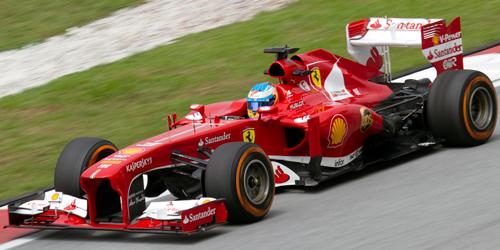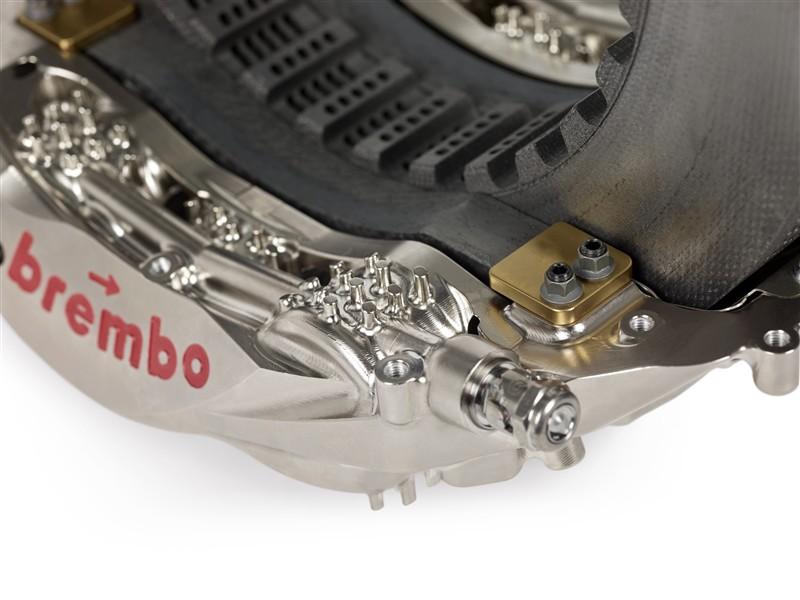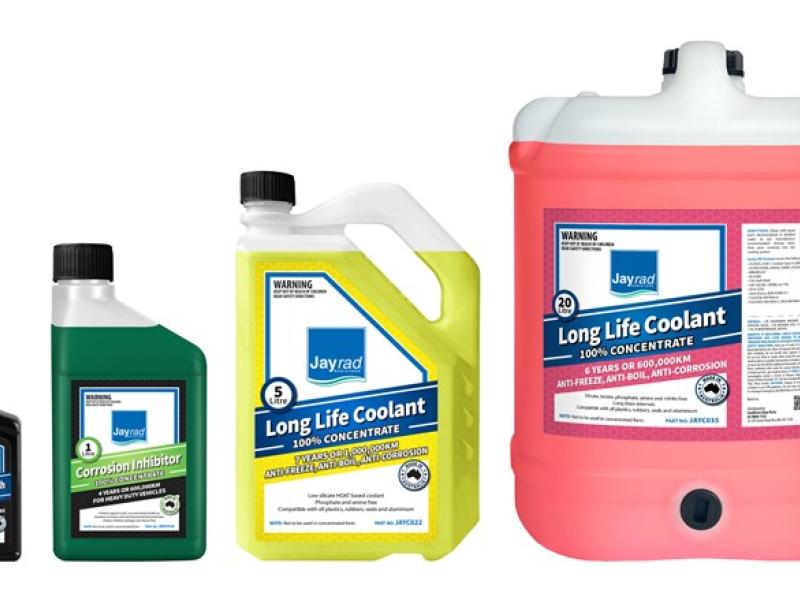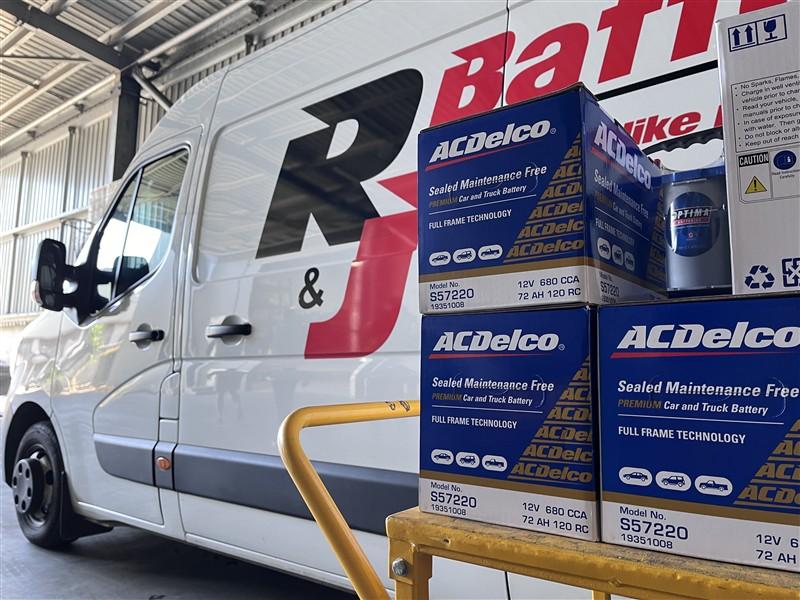As car and truck engines become more and more complex, and as more and more energy – and heat – is drawn from them by the use of direct injection, turbo-charging, and the constant advances we are seeing every day, so it becomes more and more important that we look at what’s happening in the lubrication industry, and what future trends are likely to be.
According to Jim Fitch, a founder and CEO of Noria Corporation, which advises companies on their lubrication and oil analysis needs, there are several cornerstones of current thinking in the lubrication industry.
The first is choosing the correct viscosity. Jim says that this is becoming a more precise science., as viscosity of the oil can have an effect on a number of factors, most important of which is energy consumption – which has a knock-on effect in terms of a vehicle’s fuel economy – as well as wear, and tolerance to contamination.
Looking at the ISO viscosity grade is not enough, he says, and engineers should also look at the viscosity index.
Writing on his website www.machinerylubrication.com, Jim adds: “Getting in the general ballpark on viscosity seems to be no longer acceptable, and for good reason.”
He says film strength should no longer be a sole judging criteria, and a wide range of performance factors should be taken into consideration.
Depending on the lubricant type, these include viscocity index, oxidative stability, corrosion protection, moisture-handling ability, dispersancy, foam suppression, and most of all, good lubricity.
However, he says the trend by engineers to switch to premium and synthetic lubricants as a “silver bullet” to fix problems is no longer as prevalent as it had become.
He says that as engineers become more aware of the true strength of these lubricants, they are at the same time also coming to realise that they are not the universal panacea for all ills, and should be best used in those applications to which they are best suited.
One of the most important trends moving forward, he says, is going to be in the field of energy saving, and more attention on those lubricants which are environmentally friendly.
More and more research is being done in these areas, and he says we can expect giant strides forward in the near future.
The replacement of grease with oil is an on-going debate, especially in critical applications, but Jim feels thinking is moving more towards oil where reliability is a critical factor.
Although he has mentioned the judicious use of premium and synthetic oils, Jim at the same time hits out at those who choose lubricants based on price.
“It’s time to stop pretending to save money by buying cheap, commodity-grade lubricants to save a quick buck at the expense of tomorrow’s need for reliability. Through greater awareness and education, large user organisations are finally getting the message,” he says.






